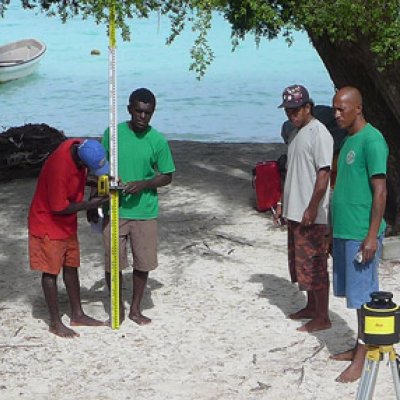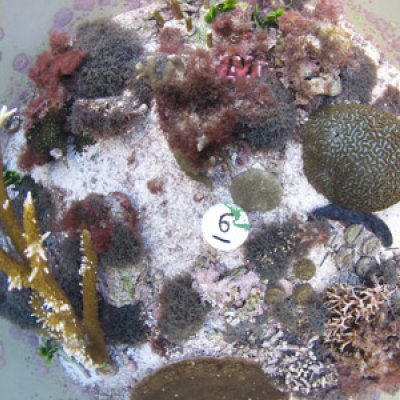A two-year study by University of Queensland researchers has found the amount of algae on a coral reef is influenced by interaction between light and temperature, as well as by human impacts.
28 May 2018A list of the world’s 50 most important reefs to protect from climate change is being compiled by a global team of world experts led by The University of Queensland.
24 February 2017Deep coral reefs should not be relied upon as a “lifeline” for shallow reefs, a new study by University of Queensland marine scientists argues.
16 February 2017Marine scientists have proposed a prosperity path for Melanesia, in a report that values the region’s ocean assets at more than half a trillion US dollars.
18 October 2016The University of Queensland has been tasked with helping fight climate change on the Great Barrier Reef, just days after government agencies revealed an increase in coral bleaching and mortality.
15 March 2016The Great Barrier Reef Marine Park Authority (GBRMPA) has released a statement on low level coral bleaching, prompting marine researchers to respond.
2 March 2016University of Queensland scientific research on the Great Barrier Reef is in the international spotlight with this week’s launch of an interactive website to complement a BBC television series to be released on 30 December.
23 December 2015UQ's Global Change Institute and the Sharjah Research Academy in the United Arab Emirates have agreed to a broad research collaboration to address global warming.
7 December 2015A team of marine biologists from The University of Queensland has witnessed first-hand the potentially damaging effects of rapidly rising ocean temperatures on coral reefs in Hawaii.
2 September 2015International ocean scientists have issued a blunt warning to world leaders ahead of the November 2015 climate change negotiations in Paris (COP21).
3 July 2015A University of Queensland marine scientist’s efforts to reduce the impact of climate change have been honoured by Prince Albert II of Monaco.
14 October 2014Researchers are struggling to solve the challenge of predicting climate change impacts on marine environments.
24 June 2014The accolades continue for The University of Queensland’s newest building, with a prestigious green star rating award from the Green Building Council of Australia (GBCA) this week.
16 May 2014A free online course on tropical coastal ecosystems is now open to anyone with internet access and high school science knowledge.
24 January 2014Most of the Earth’s remaining fossil fuels must be left in the ground to avoid disastrous consequences for today’s young people and for future generations, according to research published today.
4 December 2013In a landmark study, scientists at The University of Queensland (UQ) have simulated future ocean conditions and found climate change will jeopardise the future of coral reefs.
2 September 2013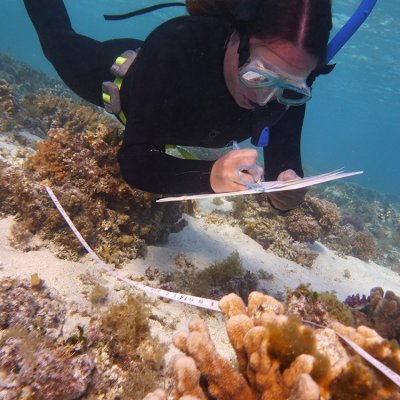
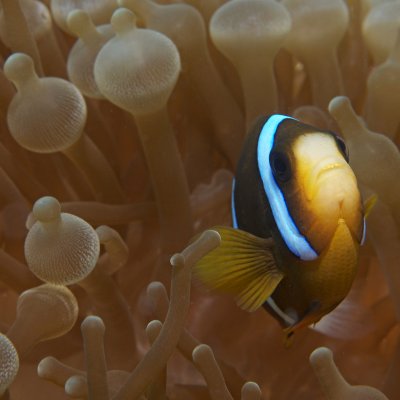
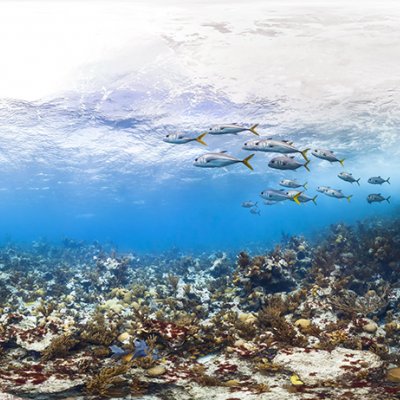
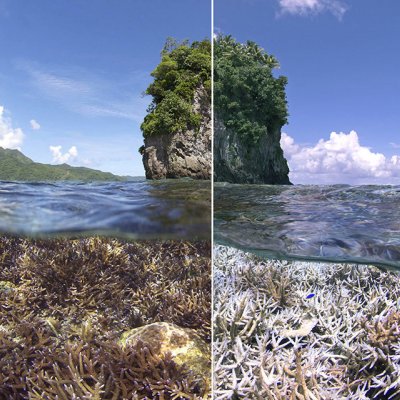
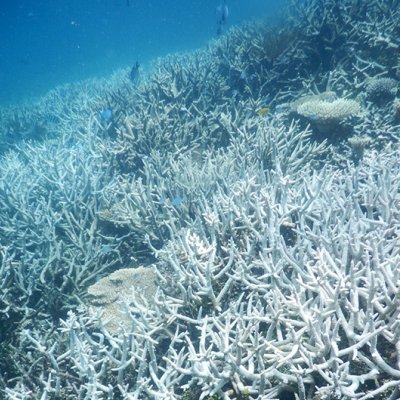
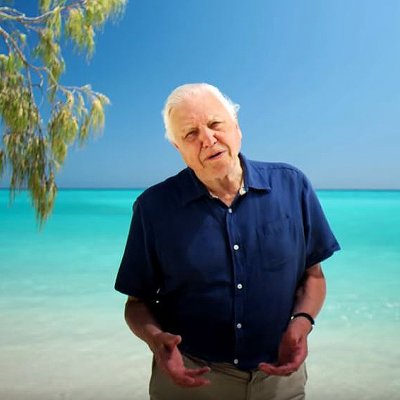
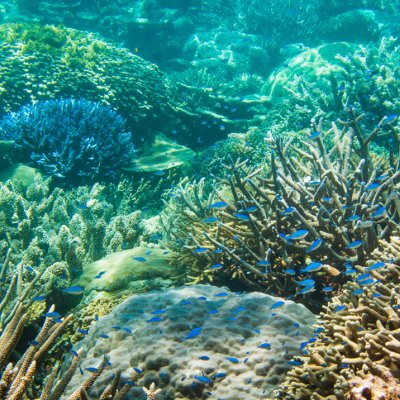
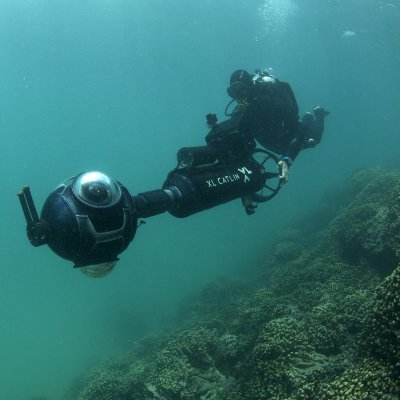
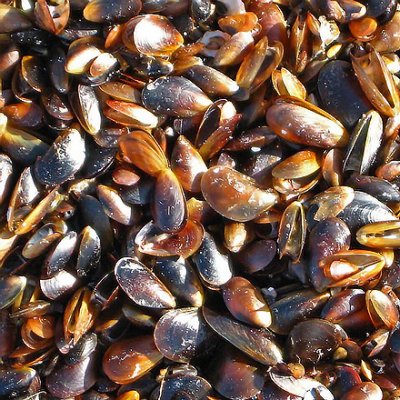

-1.jpg?itok=KoSOzbkz)

-1.jpg?itok=FAhayx3X)
